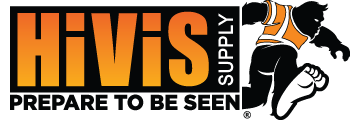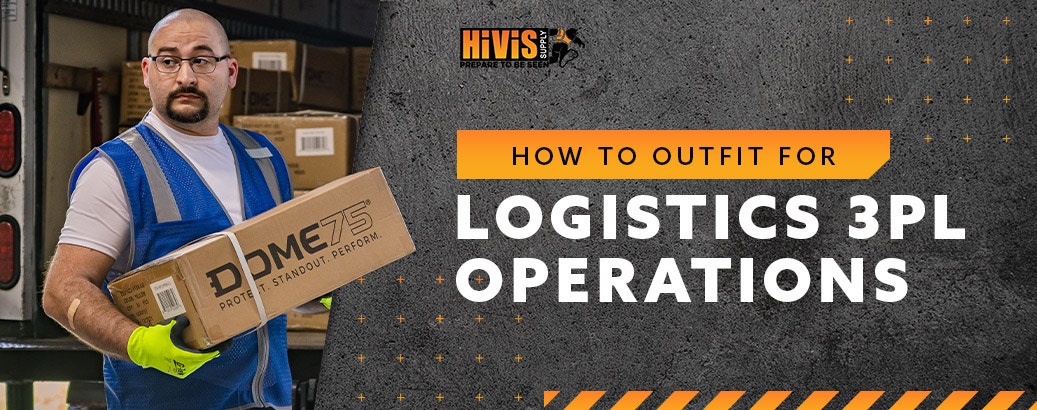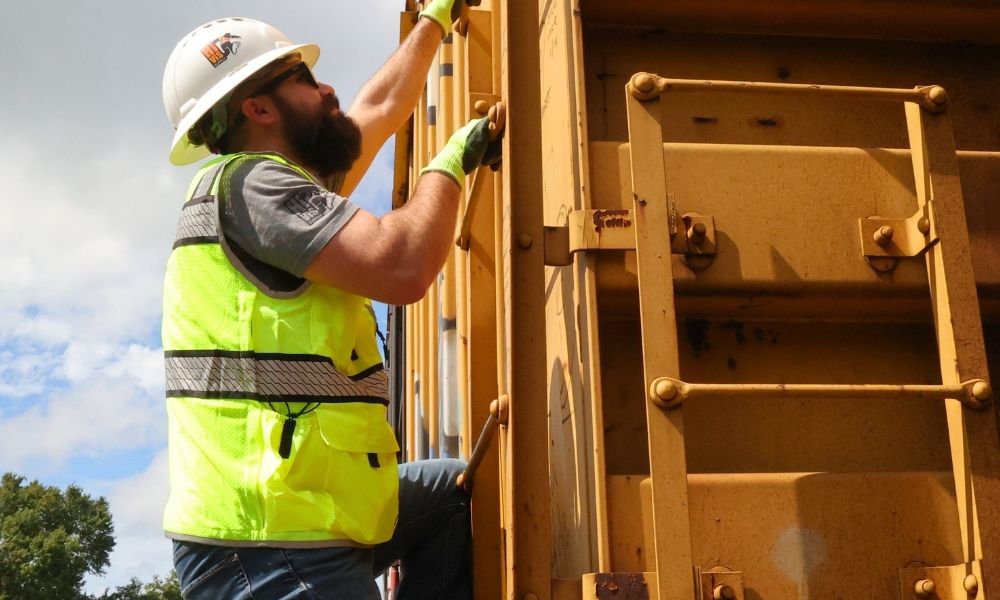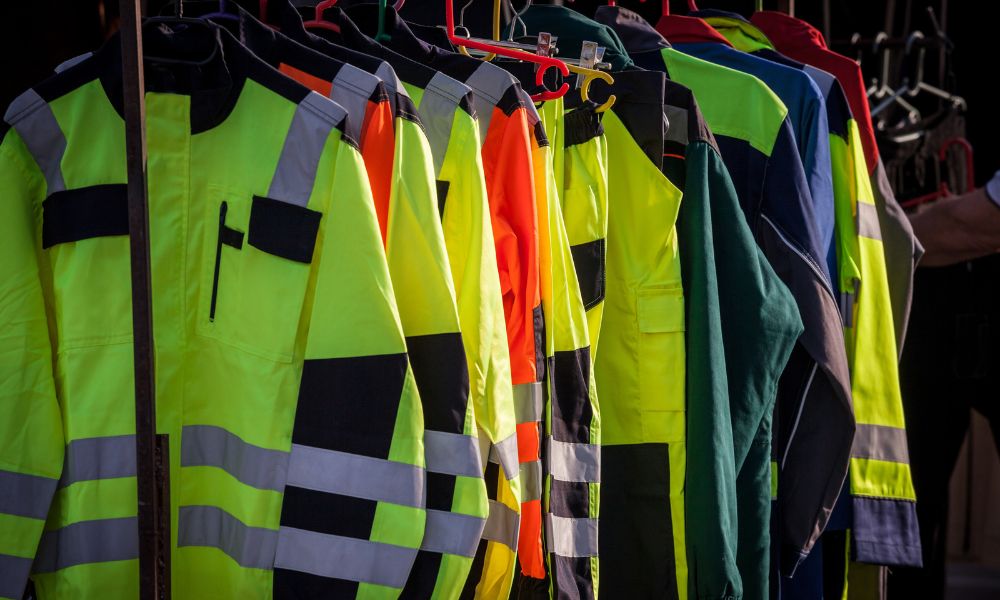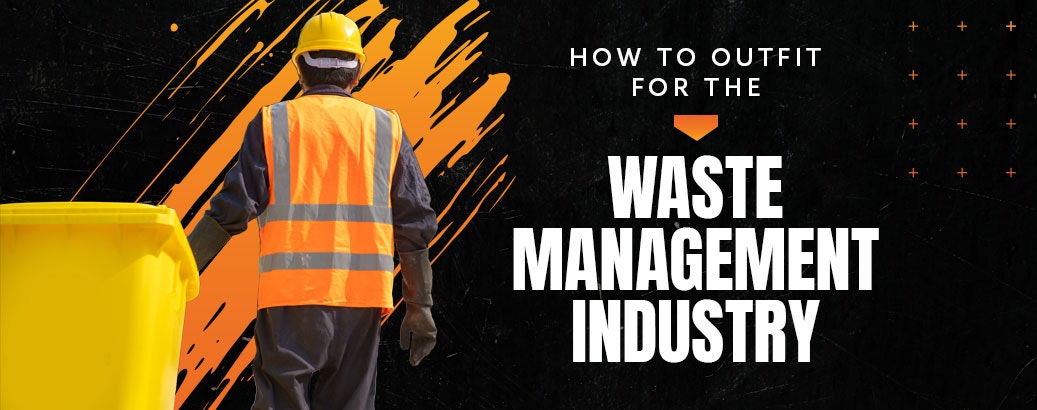Tips on Choosing the Best Hearing Protection
- By HiVis Supply
- Jul 22, 2020

As hard-working professionals, we must take workplace safety seriously. That means always wearing a hard hat, donning high visibility apparel, and selecting the right pair of protective gloves to prevent job site injuries and fatalities. Often, we overlook an equally dangerous workplace hazard - damage to our hearing. This is a risk you cannot ignore. According to the Hearing Health Foundation, about 30 million American workers are at risk of developing irreversible hearing loss from their work.
What to Look For in Hearing Protection
The U.S. Centers for Disease Control and Prevention (CDC) and the National Institute for Occupational Safety and Health (NIOSH) recommend that employees not be exposed to noises of more than 85 decibels (dBA) for over 8 hours. Try your best to keep that 85-decibel threshold in mind when selecting your hearing protection products. Here are some more excellent tips to consider when deciding which earplugs to buy.
- Understand Noise Reduction Ratings (NRR) – When shopping for earplugs, you’ll notice that each pair is rated with an NRR number. The higher this number, the greater the noise reduction. To determine noise reduction while wearing a specific pair of earplugs, take the NRR number (in dB), subtract seven, and divide by two. Then subtract this number from the overall decibels. Say you’re using a chainsaw that runs at 115 dB while wearing a pair of Radians earplugs that have an NRR rating of 32 dB. Your level of exposure would be 102.5 (32 minus 7, divided by 2 equals 12.5; 115 minus 12.5 equals 102.5).
- Only Buy ANSI Rated Earplugs – If you’re looking for the best quality and protection possible, select earplugs or earmuffs rated and tested according to the American National Standards Institute (ANSI). Ear protection rated to the ANSI S3.19-1974 standard has been tested by the institute to ensure that it provides a certain level of reliable noise reduction. Essentially, purchasing ANSI earplugs can ensure that you’re getting the noise reduction labeled on the package.
- Choose High Visibility Earplugs – If you’re required to wear high visibility safety apparel at work, you already know how important this type of gear can be to your overall safety. Wearing high visibility ear protection in a fluorescent shade of yellow or orange will enhance the visibility of your earplugs on the job site, making PPE compliance checks super simple; while still wearing the earplugs and maintaining your hearing protection.
- Choose Earplugs with Dielectric Cords – Wearing earplugs with cords can be convenient when you want to take the plugs out but don’t necessarily want to put them away yet. When your earplugs have a cord, you can take them out of your ears and drape them around your neck until they’re needed again. It’s important to choose a set with a dielectric cord—meaning a cord that won’t allow electricity to flow through—if you work around electricity at all. This can help protect against electrical shock and other serious and potentially life-threatening incidents.
- Choose the Right Shape – Not all ear canals have the same shape, which means not all earplug shapes will work well with your ears. With that being said, many foam earplugs are malleable enough that they will conform to your unique ear shape. There are a few common shapes of earplugs to consider, including the common tapered bullet shape and the flat attenuation shape. A pair of flat attenuation earplugs can be beneficial to those who already have hearing loss because they provide more universal sound reduction and don’t distort high frequency sounds as much as other shapes do.




Try a Few Different Styles
As you can see, there are a few important things you need to consider before buying earplugs for work. Our best advice is to try a few different styles and options to determine which kind gives you the best and most comfortable level of noise reduction. At HiVis Supply, we offer a broad assortment of high-quality hearing protection solutions to prevent you and your team from lifelong hearing loss.
